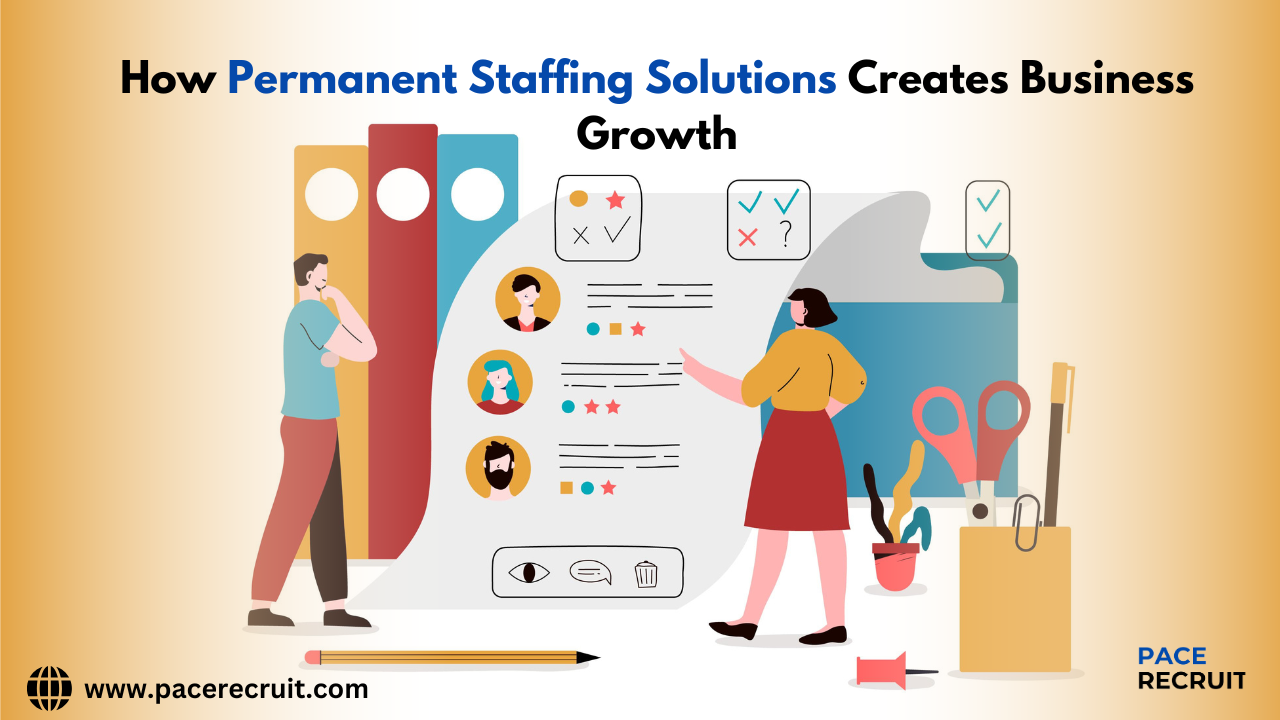
29sixservices
Add a review FollowOverview
-
Sectors Education Training
-
Posted Jobs 0
-
Viewed 2
Company Description
Understanding Legal and Compliance Aspects in Your Outsourcing Journey
This article is a submission by Managed Services Partners. Managed Services Partners is an outsourcing firm with over 6 years of experience helping services improve operations and drive development.
Starting the contracting out journey is an endeavor that lots of organizations undertake to enhance effectiveness, lower costs, and take advantage of specialized talent.
However, together with these prospective advantages come a host of legal and compliance intricacies that should be thoroughly browsed to make sure the success and sustainability of contracting out efforts.
This comprehensive guide will explore essential legal and compliance considerations, with a focus on data privacy laws, non-disclosure arrangements (NDAs), non-compete provisions, and the vital function of flexibility in today’s vibrant business environment.
The outsourcing landscape

Outsourcing is more than a strategy for unloading non-core tasks; it is a transformative method that can boost a company’s flexibility and competitiveness.
Whether it’s IT services, customer assistance, producing procedures, or human resources, contracting out can provide a considerable edge. Companies that successfully outsource can concentrate on core business operations, drive innovation, and access leading talent without the overhead expenses of full-time work.
However, this journey is not without its legal and compliance challenges. Companies should bear in mind the complexities surrounding the transfer and management of information, the protection of intellectual residential or commercial property (IP), and the upkeep of regulatory compliance.
Given the worldwide nature of outsourcing, companies need to likewise think about cross-border legal implications, which might vary substantially depending on the nation where the outsourcing supplier runs.

Understanding these elements is necessary in making sure that outsourcing collaborations align with a company’s strategic goals while reducing prospective legal threats.
In most cases, businesses that disregard legal and compliance considerations face expensive conflicts, loss of sensitive data, or reputational damage that can take years to recuperate from.

Importance of legal considerations

Outsourcing naturally involves legal considerations that are important to safeguarding a business’s interests. At the leading edge is the requirement to safeguard sensitive details. Companies should comprehend and comply with data privacy laws that govern the jurisdictions in which they operate.
This is particularly crucial as information breaches can lead to severe financial charges and reputational damage.
Furthermore, copyright rights should be clearly defined in contracting out arrangements to prevent unapproved use or misappropriation of exclusive properties. If these rights are not properly established, a service might lose control over important developments or personal service processes.
For services operating in extremely controlled industries such as health care, financing, or legal services, compliance requirements are much more rigid.
Complying with policies such as the General Data Protection Regulation (GDPR) in Europe or the Medical Insurance Portability and Accountability Act (HIPAA) in the United States is important to avoiding legal complications.
Non-Disclosure Agreements (NDAs) and non-compete clauses
When outsourcing, companies often share exclusive info with external company.
To protect this valuable info, NDAs are employed. These arrangements are designed to avoid the unauthorized dissemination of secret information, consequently securing the company’s competitive benefit.
NDAs ought to be detailed and legally binding, plainly describing what constitutes secret information and the obligations of both celebrations in dealing with delicate data. Businesses must likewise ensure that their NDAs include provisions for legal option in case of breaches.
Similarly, non-compete clauses can be consisted of to prevent service providers from exploiting sensitive understanding acquired throughout the contracting out partnership to benefit a rival. This is particularly crucial when contracting out freelancers or firms that may have several customers in the same market.
However, the enforceability of non-compete stipulations can differ substantially depending on the jurisdiction. Some areas have rigorous policies restricting the scope and period of such stipulations.
Therefore, it’s essential for companies to seek advice from legal experts with experience in the pertinent legal frameworks to prepare effective contracts.
Contracts: Setting the foundation
Contracts act as the plan for the contracting out partnership, specifying functions, responsibilities, deliverables, and timelines. They likewise detail the legal and compliance expectations for both celebrations.
A well-structured agreement needs to resolve several essential components:

Scope of work: Clear and comprehensive descriptions of the services to be provided, consisting of quality standards and efficiency metrics.
Data security: Specific stipulations associated with data security, information transfer procedures, and breach alert procedures to guarantee adherence to personal privacy laws.
Intellectual Property rights: Provisions that establish ownership of IP created throughout the collaboration, and terms that safeguard pre-existing IP.
Termination stipulations: Terms that deal with the possible end of the outsourcing relationship, consisting of notification durations and conditions under which termination can take place without penalty.
Additionally, businesses need to think about executing service-level contracts (SLAs) to ensure responsibility and efficiency tracking. SLAs specify quantifiable criteria that the outsourcing provider need to meet, supplying businesses with option if expectations are not fulfilled.

Engaging with service suppliers
Consulting with prospective service providers throughout the early phases of the outsourcing journey is a strategic move. This engagement enables companies to gauge the service provider’s capability to meet legal and compliance requirements.
Thorough vetting processes, such as requesting recommendations, evaluating previous jobs, and examining compliance accreditations, can supply important insights into the supplier’s reliability and adherence to market requirements.
Businesses need to also examine the monetary stability of possible outsourcing partners.
A service supplier that deals with monetary difficulties may not be able to maintain operations long-term, presenting a risk to continuous jobs. Conducting due diligence ahead of time can prevent future disruptions.
The function of versatility in legal and compliance techniques
Adaptability is a vital element of successful outsourcing, particularly when it concerns browsing evolving legal landscapes. Regulations and market conditions can alter quickly, making it vital for companies to remain agile.
Building versatility into agreements and establishing procedures for ongoing compliance tracking can help organizations adapt to new legal requirements and maintain an one-upmanship.
For circumstances, if a company is contracting out client assistance operations to several nations, they must ensure compliance with numerous nationwide laws relating to consumer protection and information personal privacy.
Regularly upgrading policies and agreements in action to legislative changes can avoid legal mistakes.
Real-world considerations and best practices
To guarantee legal and compliance success in outsourcing, need to adopt the following finest practices:
Regular audits and evaluations
Conduct regular audits and evaluations to ensure that company stay compliant with legal and regulative requirements. This proactive method can help identify possible gaps before they escalate into considerable problems.
Training and awareness
Educate staff members and outsourced groups on data protection practices and legal obligations. This ensures that everyone included in the outsourcing journey comprehends the value of compliance and the role they play in safeguarding info.
Collaboration and interaction
Foster a collective relationship with provider. Open lines of communication can help deal with compliance concerns quickly and help with joint analytical efforts.
Crisis management preparation
Have contingency strategies in place in case of security breaches, agreement disagreements, or supplier failures. A well-structured crisis management strategy makes sure that organizations can rapidly react to obstacles without considerable disruptions.
Legal compliance for contracting out success

Understanding the legal and compliance aspects of outsourcing is important for services looking to take advantage of external abilities while protecting their interests. By focusing on crucial locations such as data personal privacy, NDAs, non-compete clauses, copyright rights, and adaptability, business can effectively browse the outsourcing landscape.
Successful contracting out depend upon a collaborative technique between the business and its provider. Building trust and maintaining transparent communication can lead to efficient problem-solving and a shared dedication to compliance.


